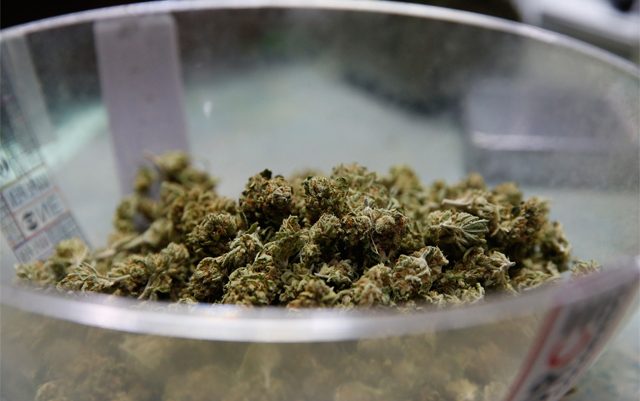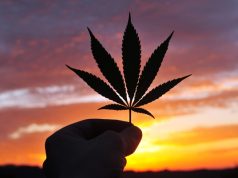Federal cannabis law is consistently preventing progress in the movement – especially when it comes to providing patients with better access to medical marijuana for a variety of ailments. While forty-seven of the fifty states in the U.S. and our nation’s capital, Washington D.C., have made the move to legalize medical marijuana in some capacity, the government continues to stand in the way of research that would benefit patients and their doctors. Even after jumping through hoops to gain federal approval for medical marijuana research, the product available is subpar and there simply isn’t enough of it.
Recently a group of bipartisan lawmakers, led by Representative Harley Rouda and Senator Brian Schatz, sent a letter to the Drug Enforcement Administration (DEA) requesting that researchers be allowed to access state-legal marijuana to help put an end to at least one barrier to research.
The letter points out that while the DEA has plans to provide better quality cannabis at a higher volume, their call for applications still hasn’t produced any results three years later. It also mentions that both the National Institute of Health (NIH) and the Food and Drug Administration (FDA) have suggested allowing access to state-legal cannabis in the past.
“There is a need for a greater diversity of cannabis products so that research on benefits and risks reflects the realities of what consumers and patients are using. NIH and FDA have strongly recommended streamlining the process for conducting research and product development activities with cannabis and other Schedule I substances, and that the DEA take action to assure that interpretations of processes and policies are universally applied in local DEA jurisdictions.”
At every turn, “needing more research” is still the biggest argument that prohibitionists have against legalization. Though there are thousands of studies out, many are anecdotal or small-scale studies. For larger studies and clinical trials to proceed under federal approval or with federal funds, you would think access to the medicine people are already using would be ideal.
“Our nation’s cannabis research laws are archaic,” Rouda said in a press release. “Forty-seven states have legalized some form of cannabis consumption—we must ensure our federal agencies and other licensed institutions can comprehensively study the benefits and risks of cannabis products.”
Along with recommending that the DEA amend policies to allow researchers with Schedule I licenses to obtain cannabis products from state sanctioned dispensaries to conduct research, lawmakers also noted laws surrounding hemp research should be clarified. After all, hemp was legalized under the 2018 Farm Bill, therefore researchers should no longer be required to obtain a DEA license to conduct research on hemp.
Whether the DEA will seriously consider this letter and actually amend their policies and finally ensure that researchers can conduct the necessary research, we will have to wait and see. In the past, the DEA has been slow to respond to concerns regarding cannabis and have neglected to make any major changes. All we can do is hope that they will see that what these lawmakers are looking for is common sense.







The DEA is legally bound to enforce marijuana prohibition, and the bipartisan group of lawmakers are disingenuous to “request” the DEA to do otherwise. The pattern is that DEA will likely say they will respond “soon”, while ignoring the request.
What these lawmakers should actually do is reconstruct the malformed federal definition of marijuana to make that law uphold the Constitution. They should be contacted by their constituents about first reconstructing the definition, then either descheduling or rescheduling marijuana itself.
“Our nation’s cannabis research laws are archaic”
This reconstructed definition upholds the Constitution, and will carefully deschedule cannabis while retaining the prohibition of cannabis smoke until the lawmakers separately reconsider its Scheduled status:
The term “marijuana” means all parts of the smoke produced by the combustion of the plant Cannabis sativa L., which is, as are the viable seeds of such plant, prohibited to be grown by or sold by any publicly traded corporation or subsidiary company, and such smoke is prohibited to be inhaled by any child or by any person bearing any firearm, as is their intake of any part or any product of such plant containing more than 0.3% THC by weight unless prescribed to such child by an authorized medical practitioner.